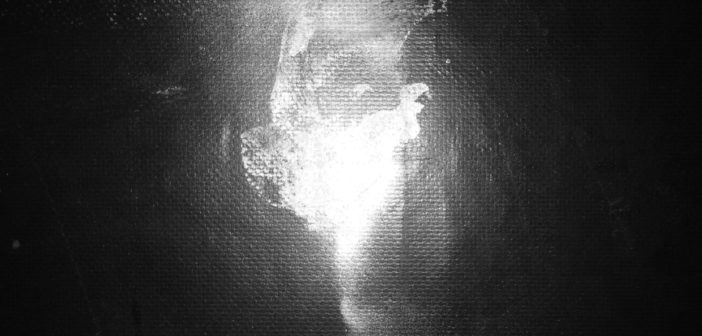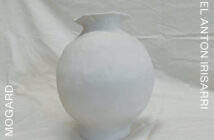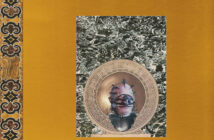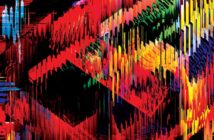My first encounter with The Telescopes came in the early 90s, when I saw the video clip for ‘Flying’ late one night on Rage. Being, as I was, completely immersed in the twin sounds of Madchester and shoegaze, both of which were heavily indebted to 1960s pop, I though that The Telescopes were pretty much perfection. Unfortunately, their 1992 self-titled album was the beginning and ending of my relationship with the band, as they stopped releasing music. Fast forward two decades and I stumbled across the Trensmat label when tracking down Astral Social Club releases. Here, I noticed, were a few releases by The Telescopes which had, apparently, rebooted in the mid-2000s. Indeed, the label had started in 2006 with a 7” release by the band. They had a discount CD, Every Noise Has A Note, on the website, a compilation of out of print 7” releases, so I grabbed that with my order. It was the first ‘new’ Telescopes music I’d heard in a long, long time, but it was enough to let me know that, like an old friend who you haven’t seen for years but can pick up with exactly were you left off, The Telescopes were making music in the now that I wanted to hear as much as I did in my teens.
Exploding Head Syndrome is the latest in the band’s 21st century resurgence (which, in practise, is now really the solo vehicle for founder, Stephen Lawrie, with a cast of thousands as sporadic studio and live collaborators) and is another album to savour. The things that were at the core of The Telescopes in 1992 are still present – melody, psychedelia, an interplay between guitars and technology – yet it sounds nothing like 1992. The spectrum of the 21st century noise underground has been fully absorbed, as well as more British strands of post-rave electronics which mine the depths of texture and space. Exploding Head Syndrome is gritty, most songs buried under layers of fizz, hiss and hum. Muted square-wave synth drones undergird many of the tracks, and subdued rhythms are supplied by tambourine or shaker samples which sound like they’ve been pitch shifted and slowed down to within inches of their lives. Floating across the backgrounds are guitar and keyboard filigrees that cycle until fading out, or dissolve into feedback.
These descriptions, however, on the surface, belie the true appeal of Exploding Head Syndrome. While all those things sound like harshness and abrasiveness, what you actually hear is music of incredible calm and beauty. Lawrie’s voice features throughout and never climbs above a whisper, all the while transmitting earworm melodies. As a youth, my greatest attraction to shoegaze was always the contrast between noise and beauty, and a lack of the machismo which prevailed in the bulk of guitar rock. That aggression and self-aggrandisement has also been a key factor in my lack of deep love for the 21st century noise underground, in spite of the undeniable cerebral appeal of the actual sound. Lawrie circumvents all those aspects that I find repellant and replaces them with the very things I’ve found so appealing in his music for almost three decades. He has remained stringently true to the core values on which he has always built his music, awash in deep psychedelia, in drone, even in (heavily submerged) classic pop. And yet, paradoxically, it sounds nothing like the past, particularly the past of The Telescopes. Rather than recreating past glories, Exploding Head Syndrome shows the value, and thrill, of heading down a path and exploring every possibility over an extended period of time. It’s a deeply rewarding and moving exploration.




